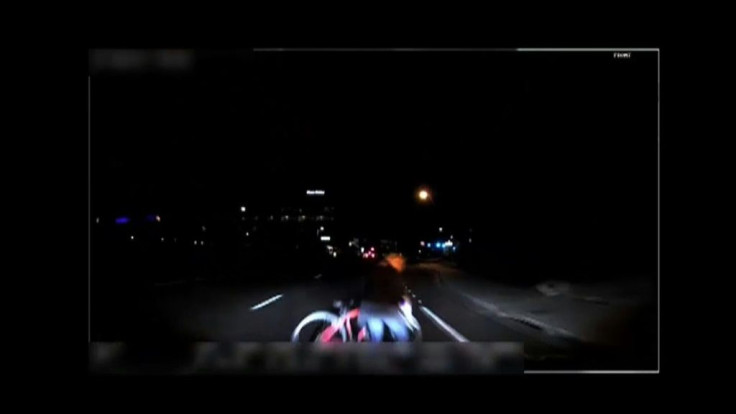Uber Safety Culture Lacking In Autonomous Car Incident: Regulator

A top US regulatory official on Tuesday said an investigation into a 2018 fatal crash involving a self-driving Uber car revealed "an ineffective safety culture" at the rideshare company.
National Transportation Safety Board chairman Robert Sumwalt made the remark while discussing a collision early last year in Arizona that killed a woman.
"The inappropriate actions of both the automated driving system, as implemented, and the vehicle's human operator, were symptoms of a deeper problem: an ineffective safety culture," Sumwalt said in his opening statement at the hearing.
The NTSB in March of last year sent a team to Tempe, Arizona, to investigate the fatal collision of an Uber vehicle and a pedestrian.
The Uber vehicle was part of the company's self-driving fleet of vehicles.
"Although the vehicle's sensors first noted the pedestrian 5.6 seconds before impact, the system waffled between classifying her as a vehicle, a bicycle, or 'other,'" Sumwalt said.
Uber had disabled a factory-installed collision warning system and automatic emergency braking system while the Volvo sport utility vehicle was being used to test Uber autonomous driving capabilities, according to the NTSB.
The pedestrian was dressed in dark clothing and was pushing a bicycle that had no side reflectors when she crossed an unlighted section of roadway at night.
Uber temporarily suspended its autonomous ridesharing program, eventually putting its self-driving cars back on the road in Pittsburgh in "manual mode," with a driver at the wheel at all times.
© Copyright AFP {{Year}}. All rights reserved.





















